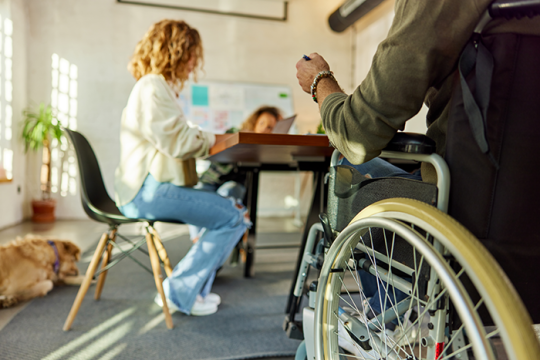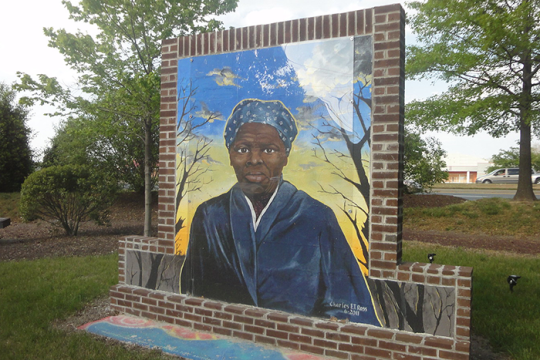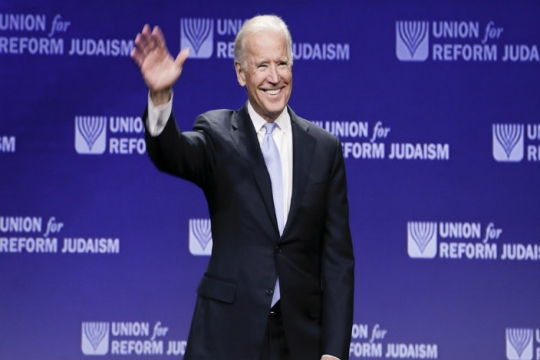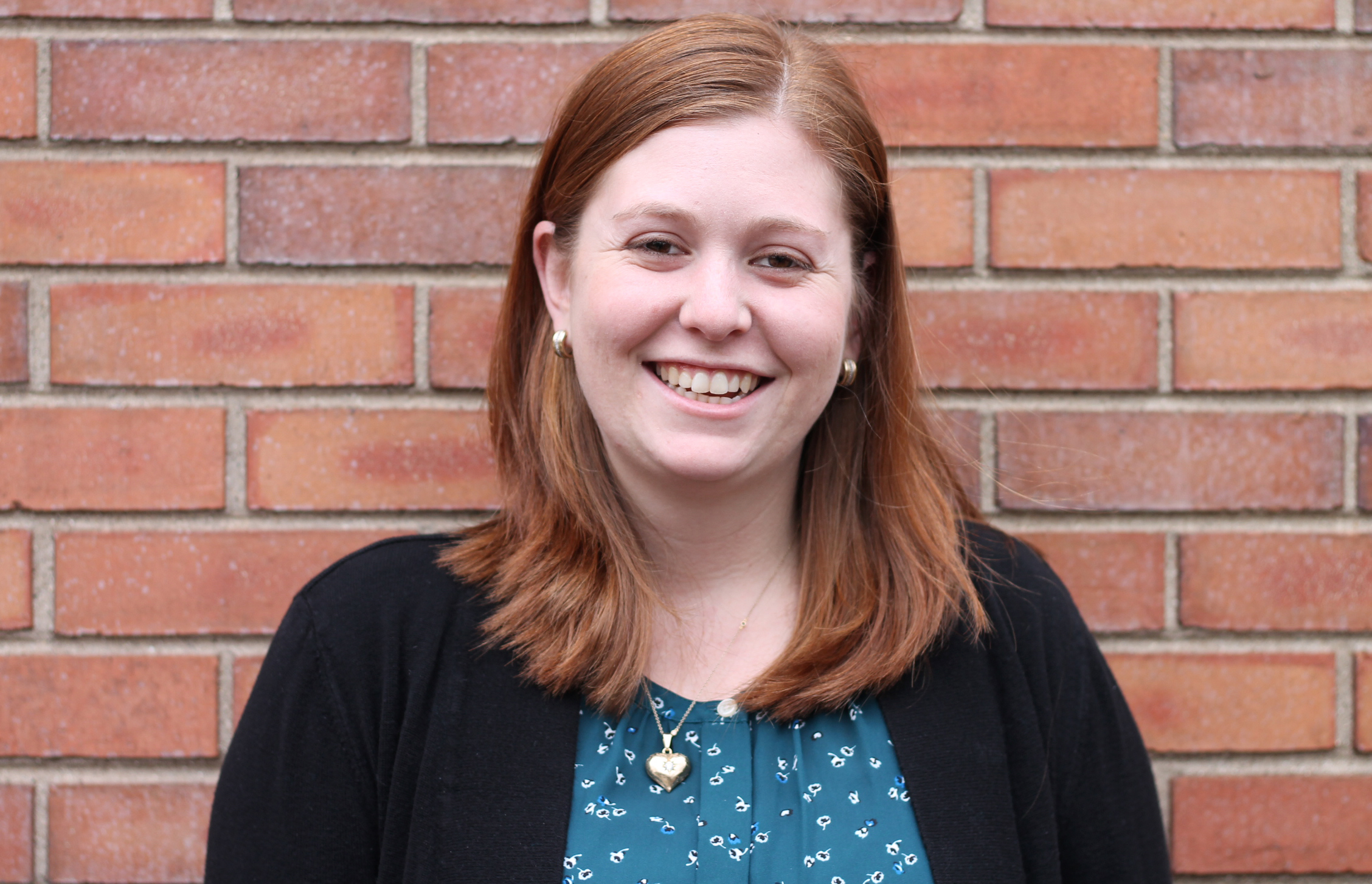
A modified version of this blog post was delivered as a sermon at Congregation Rodeph Sholom in New York City on February 25, 2022.
For many chapters of the book of Exodus, the Torah recounts the story and details of the Israelites building the Mishkan, the sacred desert sanctuary they carried with them. In Parshat Terumah, we read these words:
וְעָשׂוּ לִי, מִקְדָּשׁ; וְשָׁכַנְתִּי, בְּתוֹכָם
v'asu li mikdash v'schachanti b'tocham
"let them make Me a sanctuary so that I may dwell among them"
(Exodus 25:8)
There is something slightly funky about the Hebrew of this verse-if we are building a sanctuary for God, shouldn't God dwell within it and not among them? And yet, there is something poetic about this funky Hebrew, that God doesn't dwell within structures, but rather among people who have convened for the purpose of finding God and community.
In order to build the Mishkan, the desert sanctuary, God commands the Israelites to bring precious gifts and to accept gifts from every person whose heart is so moved (Exodus 25:2). The Mishkan is built by gifts from everyone in the Israelite community. So too today our communities are built, strengthened, and fortified when everyone in our community is able to participate in it. Our holy spaces are only holy when they are spaces that include and celebrate everyone and their contributions.
February marked the 14th annual Jewish Disabilities Awareness and Inclusion Month, also known as JDAIM. JDAIM's mission is "to unite Jewish communities worldwide to raise awareness and champion the rights of all Jews to be accepted and included in all aspects of Jewish life like anyone else." JDAIM is an opportunity to reflect on the ways in which we have made disability inclusion one of our core values. It is also an opportunity to reflect on the work still to be done to make our houses of worship and our wider society a place of inclusion and belonging for everyone, to build a world in which all of us are seen, valued, and celebrated for the gifts we bring to building sacred, holy communities.
Hillel taught: "Do not separate yourself from the community" (Pirkei Avot 2:4). This seemingly simple text has become a touchstone text for me. Only six words in Hebrew:
הִלֵּל אוֹמֵר, אַל תִּפְרֹשׁ מִן הַצִּבּוּר
Hillel omer: "al tifrosh min hatzibur "
And yet these six words encapsulate an entire philosophy of inclusion and belonging.
My understanding of this adage of Hillel's comes from two of my teachers. One teacher, the former director of the Religious Action of Reform Judaism, Rabbi David Saperstein, taught that the converse of this teaching is also true and important. He teaches, "We must prevent anyone from being separated against his or her will. Such separation occurs all too frequently, whether it is the child separated from his peers in a classroom, the professional separated from her colleagues after being denied a promotion, or the grown adult cut off from the rest of the community because the only place to receive affordable long-term services is in a hospital, nursing home or other institution." Rabbi Saperstein taught me that Hillel's teaching is not just about not removing oneself from the community out of anger, sadness, or disappointment, but that these words are also about the kinds of barriers we erect that keep people with disabilities out of our communities. "Do not separate yourself from the community" reminds us that there are structural barriers that we are responsible for tearing down so that the walls of our sanctuary and bonds of our community are open to everyone.
Rabbi Lynne Landsberg, zichronah livrachah, was a superhuman force of nature. She died four years ago, but her legacy lives on in the dozens of young Jewish professionals she mentored and the hundreds of lives she influenced with her disability rights advocacy. Rabbi Landsberg was the fast-talking, high-energy associate director of the Religious Action Center from 1988 until 1996. She helped coordinate the Reform Movement's advocacy in favor of the 1990 Americans with Disabilities Act, not knowing that she herself was eight years away from a devastating car wreck that would leave her with significant physical and cognitive impairments. After years of intensive therapy and rehab, Rabbi Landsberg returned to the RAC as a special advisor on disability rights. All of that background is to say that there was no one smarter, more articulate, or more thoughtful about what Judaism has to say about inclusion, or really anything.
Rabbi Landsberg used to say: "We don't welcome people with disabilities because they have disabilities; we welcome people with disabilities because they are people." While I certainly agreed with the sentiment before I met Rabbi Landsberg, I had never heard a philosophy articulated so succinctly and eloquently.
When I read that Hillel says, "Do not separate yourself from the community," I hear Rabbi Landsberg's voice ringing in my ears. All people deserve to feel the warmth of belonging to Jewish community, and our Jewish community is not complete until everyone is a part of it. What would our world look like if we lived by Hillel's words, for no one to be separated from community? We owe it to our tradition, and to ourselves, to find out.
Related Posts

Announcing Jewish Disability Advocacy Day 2024: Ensuring We All Flourish!

Continuing to Highlight Role Models with Disabilities


